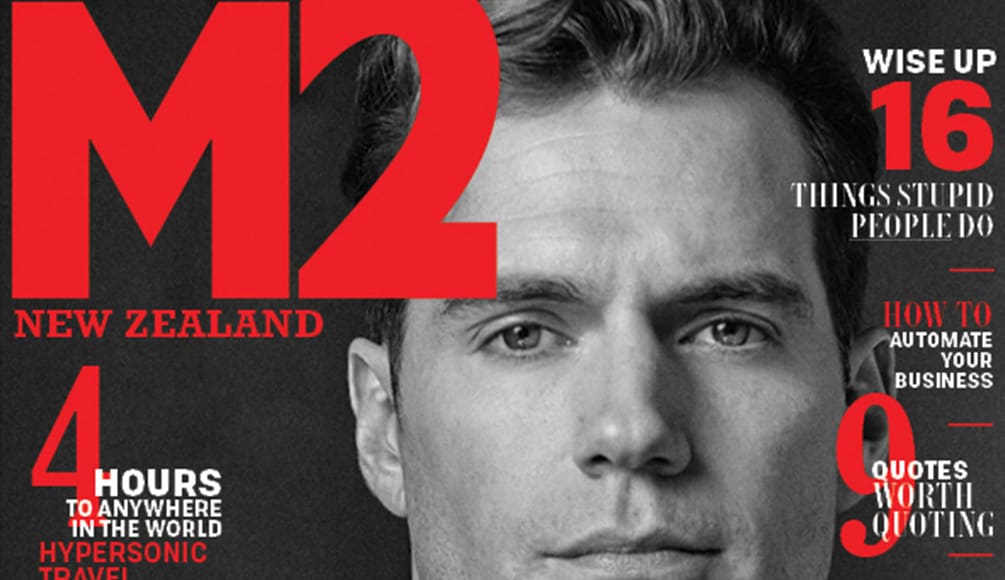Editor’s Letter – August 2018
Silicon Valley, the place and the concept has shaped modern culture. It has changed the way we connect with friends and reminisce about the past while arranging future events, it has changed the way that we get from A to B, and it has changed the way that we get our food from A to us. It has disrupted and innovated and iterated and block chained its way through every aspect of our lives. But beyond technology, it also might have reshaped our values. Entrepreneurs are, of course, the new rock stars and the Shark Tank-style pitch is their stage. To rule is to be a fast talking, extroverted, alpha personality oozing confidence and energy all over the white board. No, a simple business idea isn’t enough to excite the venture capitalists. They want to see the fires of ambition and hunger burning bright in the wide, unblinking eyes of the next unicorn founder as they gesture the exponential growth in revenue from the concept that is going to be the next Uber of whatever hasn’t been Uberised yet while amped up on raw water and the latest Gary V video. If you can’t pitch like this, forget about it.
After our interview with MediaWork’s CEO, Michael Anderson, he spoke about a recent trip to Silicon Valley as a part of his role as a Non-Executive Director for oOH! Media. He mentioned that the comment was made multiple times that you had to be brash, over the top confident and aggressive or you would be unlikely to get any funding. There is also a kind of speed dating system for founders who didn’t get funding on their first round – essentially, they have to win investors over within the first 40 seconds of their pitch. I’m obviously no Mark Zuckerburg (Hell, I’ve invested in print) but I don’t think that even Mark Zuckerburg would do all that well under those conditions. And if the founder of Facebook doesn’t have enough charisma to be the founder of the next Facebook, then what exactly are we prioritising? Elizabeth Holmes, the founder of Theranos – a “revolutionary” blood testing company is a case in point. The young, blonde, blue-eyed Stanford dropout could mesmerize the money out of the world’s most hardened business minds. Rupert Murdoch, Larry Ellison and and raft of heavyweight VC’s lined up and opened up their wallets to be a part of the action. She was at one point, on paper, the youngest billionaire ever in the history of measuring these things while her company hit a valuation of $9 billion. She had a board that included Henry Kissinger and his buddies. She was on the cover of magazines and a guest alongside Jack Ma at the 2015 Clinton Global Initiative (check it out on YouTube – you’ll see John Key sitting next to Madeleine Albright in the audience – I’m not sure why I found that exciting, but I did). There was just one small issue… her product didn’t actually work. After a while, not even her version of the reality distortion field was enough to keep the lie going and everything collapsed (read Bad Blood if you haven’t already). I’m not an expert on these things, but I’m pretty sure that Rupert Murdoch would have preferred to have kept his investment of $150 million in a company that had a founder who was a little on a shy side but actually had a product that worked rather than lose it all to a company with no product but with a founder that could give a really good speech.
Michael’s story about his Silicon Valley trip came up after an interview with him, which really centred around his calm, caring humility-based leadership style and introverted nature. A style of leadership that I personally find more inspiring and more sustainable than the style of amped-up, fake-it-until-you-make-it approach that might be great for capturing the first 40 seconds of a meeting, but will utterly suck over ten years of running a business. What I found interesting about Michael’s interview also, and possibly another clue to his leadership style, was the fact that he seemed more interested in what I had to say than what he had to say. As my Grandmother, who grew up a world away from Silicon Valley in the taro valleys of the Cook Islands, used to say, “We have two ears and one mouth.” I’m sure that was more pointed to the fact that I had a tendency to ADHD as a kid, but I like to think that within that was some ancient wisdom that leant itself to a leadership style of insight and intuition rather than just broadcast. I don’t think that everything needs to be disrupted – especially good leadership.
Andre Rowell
Editor, M2 Magazine

